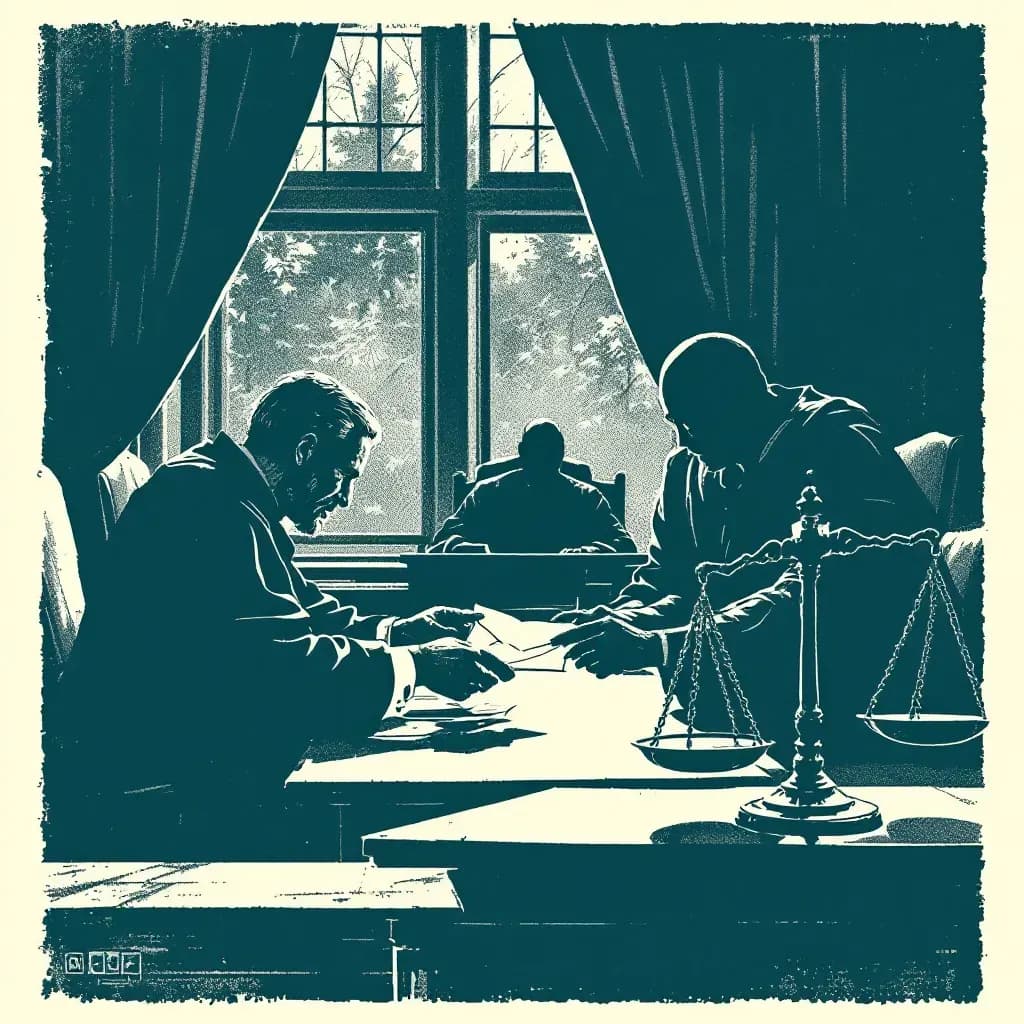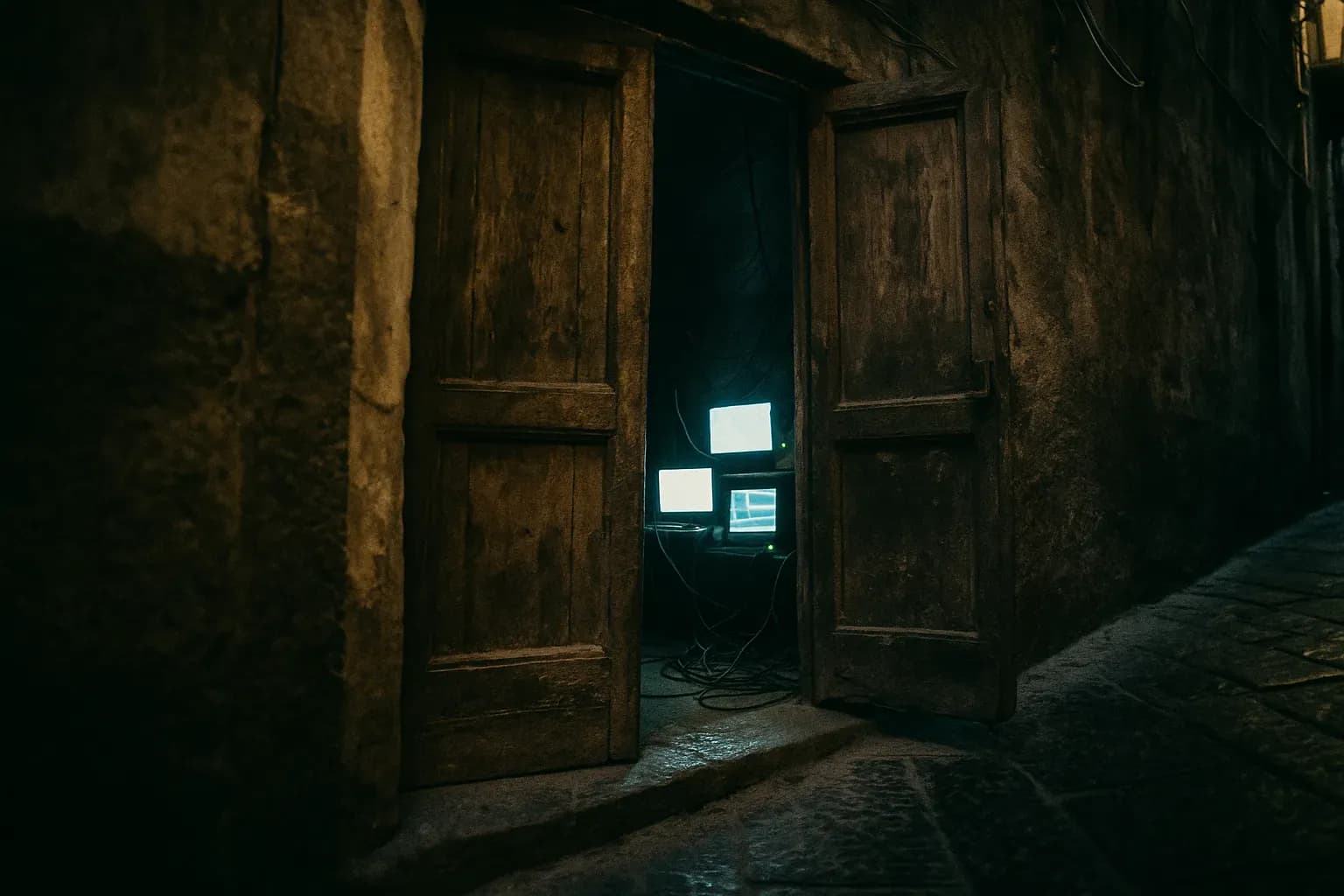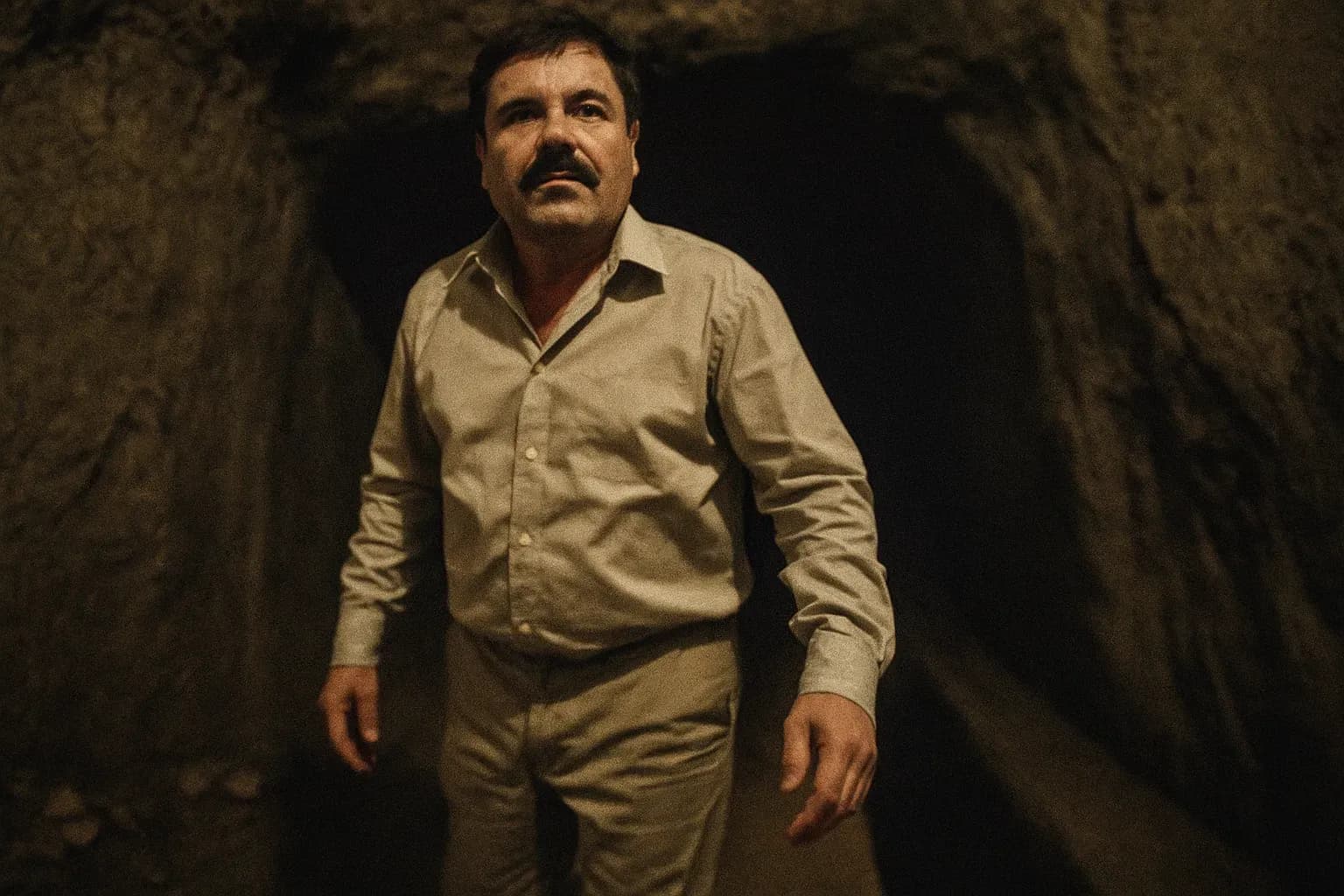
Corruption
How bribery and abuse of power drive crime behind the scenes
What is corruption? Delve into how abuse of power, bribery, and embezzlement fuel serious crime and shake the foundations of society.
How bribery and abuse of power drive crime behind the scenes
How corruption undermines system trust
Corruption, a key concept in true crime, refers to the abuse of a trusted position of power for personal or organisational gain. This phenomenon, which often has serious consequences for society and the justice system, occurs when individuals in public office, political roles, or senior positions in private companies exploit their authority and influence for illegal or unethical purposes. Examples include accepting bribes, committing embezzlement or various forms of fraud, favouritism towards acquaintances, or extortion. This form of power abuse fundamentally undermines trust in the institutions meant to serve and protect citizens, and can foster an environment where lawlessness and further financial crime thrive.
Corruption paralyses justice and protects criminals
In many criminal cases, corruption acts as a hidden driver, enabling and facilitating other serious crimes such as drug trafficking, money laundering, and various forms of organised crime, including extensive fraud. Corruption can infiltrate and compromise police forces, courts, and entire political systems, severely weakening the rule of law. This makes it extremely difficult to solve crimes and prosecute the guilty, as corrupt actors actively work against justice from within. Uncovering such corrupt networks is typically a lengthy and complex process, requiring in-depth investigation and often entailing great personal risk for whistleblowers and investigators. A thorough understanding of the dynamics of corruption is therefore essential to see through the deeper layers in many true crime narratives, where it often acts as an invisible hand, manipulating events and protecting perpetrators.
Corruption's impact: A strong stand against abuse
The importance of combating corruption cannot be overstated, as its prevalence has devastating consequences for everything from national economic stability to social justice and citizens' fundamental trust. Corruption is a form of crime that rarely affects a single victim, but rather inflicts widespread damage on society as a whole. The systematic fight against corruption, including bribery and abuse of office, is therefore an ongoing and crucial challenge. This requires robust institutional safeguards, full transparency in public administration, and a strong, independent judiciary to effectively prevent abuse of power and ensure that those responsible are held accountable for their actions.
From bribery of public officials to large-scale corporate fraud – corruption has many faces. Did this pique your interest? Delve into real-life cases of corruption – find our fascinating case studies below.
Posts Tagged “Corruption”
74 postsShowing first 20 of 74 posts. Use search or filters to find more.
.webp&w=3840&q=75)





.webp&w=3840&q=75)




.webp&w=3840&q=75)







